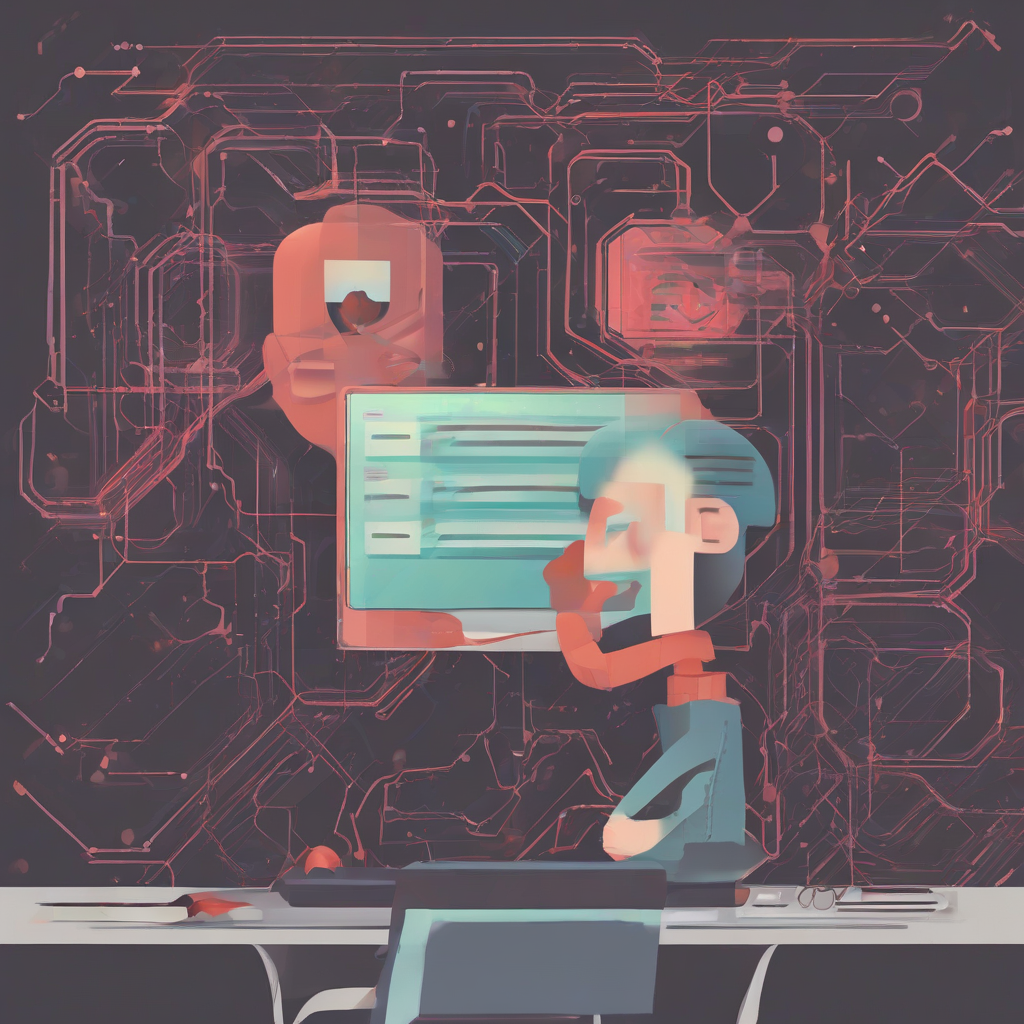Paying Car Insurance with a Credit Card: A Comprehensive Guide

Paying Car Insurance with a Credit Card: A Comprehensive Guide
Many car insurance companies allow you to pay your premiums using a credit card. This can offer several advantages, but it’s crucial to understand the potential drawbacks before making it your primary payment method. This comprehensive guide explores the ins and outs of using credit cards for car insurance payments, helping you make informed decisions about your finances.
Advantages of Paying Car Insurance with a Credit Card
- Rewards and Cashback: Many credit cards offer rewards programs, including cashback, points, or miles, on purchases. Paying your car insurance with a credit card can contribute towards earning these rewards, potentially saving you money in the long run. The value of these rewards varies depending on the specific card and your spending habits.
- Building Credit: Responsible credit card use, including paying your car insurance premiums on time, helps build a positive credit history. This can be particularly beneficial if you’re aiming to improve your credit score for future loans or credit applications.
- Purchase Protection: Some credit cards offer purchase protection, which may cover car insurance premiums in the event of fraud or unauthorized charges. This added layer of security can provide peace of mind.
- Convenience: Paying your car insurance online with a credit card is often more convenient than mailing a check or using other payment methods. You can easily schedule recurring payments, ensuring you never miss a deadline.
- Tracking Expenses: Credit card statements provide a detailed record of your expenses, making it easy to track your car insurance payments and reconcile them with your budget.
- Fraud Protection: Credit card companies generally offer robust fraud protection. If your credit card information is compromised, you’re typically protected from unauthorized charges, offering better security compared to other payment methods.
- Emergency Payments: If you find yourself in a tight spot and need to make an urgent payment, a credit card can provide a quick and readily available source of funds.
Disadvantages of Paying Car Insurance with a Credit Card
- Interest Charges: The most significant drawback is the potential for accruing interest charges. If you don’t pay your credit card balance in full each month, you’ll be charged interest on the outstanding amount. This can negate the benefits of rewards and cashback, leading to higher overall costs.
- Annual Fees: Some credit cards charge annual fees. If the rewards earned from paying your car insurance don’t offset the annual fee, it could be more cost-effective to use a different payment method.
- Late Payment Fees: Late credit card payments can result in significant late fees, adding to your expenses. This is especially important since missing car insurance payments can lead to policy cancellation.
- Potential for Overspending: The ease of using a credit card can sometimes lead to overspending. It’s important to budget carefully and track your credit card spending to avoid accumulating unnecessary debt.
- Limited Rewards on Certain Cards: Not all credit cards offer substantial rewards on insurance payments. Some cards may categorize insurance payments as a non-rewardable transaction.
- Impact on Credit Utilization Ratio: While using a credit card for insurance payments can positively impact your credit history if paid on time, a high credit utilization ratio (the percentage of available credit you’re using) can negatively affect your credit score. This is because a high utilization ratio suggests higher risk to lenders.
Factors to Consider Before Choosing a Credit Card for Insurance Payments
- Credit Card Rewards Programs: Carefully compare the rewards programs offered by different credit cards. Consider the cashback percentage, points system, or other benefits offered, and assess whether they outweigh the potential interest charges.
- Annual Fees: Check if the credit card charges an annual fee. If it does, determine if the rewards earned will sufficiently compensate for the fee.
- Interest Rates: Compare the interest rates of different credit cards. Opt for a card with a low interest rate to minimize the cost of carrying a balance.
- Payment Due Dates: Pay close attention to the credit card payment due dates to avoid late payment fees. Set up automatic payments or reminders to ensure timely payments.
- Your Spending Habits: Consider your spending habits and ability to pay off your credit card balance in full each month. If you’re not confident in your ability to do so, using a credit card for car insurance might not be the best option.
- Insurance Company Policies: Confirm that your insurance company accepts credit card payments and any associated fees they might charge. Some insurers might add a processing fee for credit card payments.
- Budgeting and Financial Planning: Integrate your car insurance payments into your monthly budget. Track your spending and ensure you have sufficient funds available to pay your credit card bill in full and on time to avoid accumulating debt.
Alternatives to Credit Cards for Paying Car Insurance
- Electronic Funds Transfer (EFT): Many insurance companies offer the option to pay directly from your checking account via EFT. This method is often free and avoids the risk of interest charges.
- Debit Cards: Debit cards deduct funds directly from your checking account, similar to EFT. This method is convenient but doesn’t offer rewards or build credit.
- Checks: Sending a check by mail is a traditional method, but it can be slower and less convenient than electronic payments.
- Money Orders: Money orders are secure but can be less convenient and may involve fees.
- Automatic Payments: Setting up automatic payments, regardless of the payment method, can help ensure timely payments and avoid late fees.
Frequently Asked Questions (FAQs)
- Will paying my car insurance with a credit card affect my credit score? Paying your credit card bill on time will generally improve your credit score. However, carrying a high balance can negatively impact your credit score due to a higher credit utilization ratio.
- Does my insurance company charge a fee for credit card payments? Some insurance companies may charge a small processing fee for credit card payments. Check with your insurer to confirm their policy.
- Can I use any credit card to pay my car insurance? Most insurance companies accept major credit cards (Visa, Mastercard, American Express, Discover), but it’s always best to confirm with your specific insurer.
- What happens if I miss a credit card payment for my car insurance? Missing a credit card payment will result in late fees and potentially higher interest charges. Furthermore, if you consistently miss payments, your insurance policy might be canceled.
- Can I use a prepaid credit card to pay my car insurance? While some insurers may accept prepaid cards, others may not. Check with your insurance company beforehand.
- Are there any tax implications for paying car insurance with a credit card? There are generally no tax implications for paying car insurance with a credit card, unlike some business expenses where credit card rewards might be taxable.
Ultimately, the decision of whether or not to use a credit card for car insurance payments depends on your individual circumstances, financial situation, and spending habits. Carefully weigh the advantages and disadvantages, consider the factors discussed above, and choose the payment method that best suits your needs.



Leave a Comment